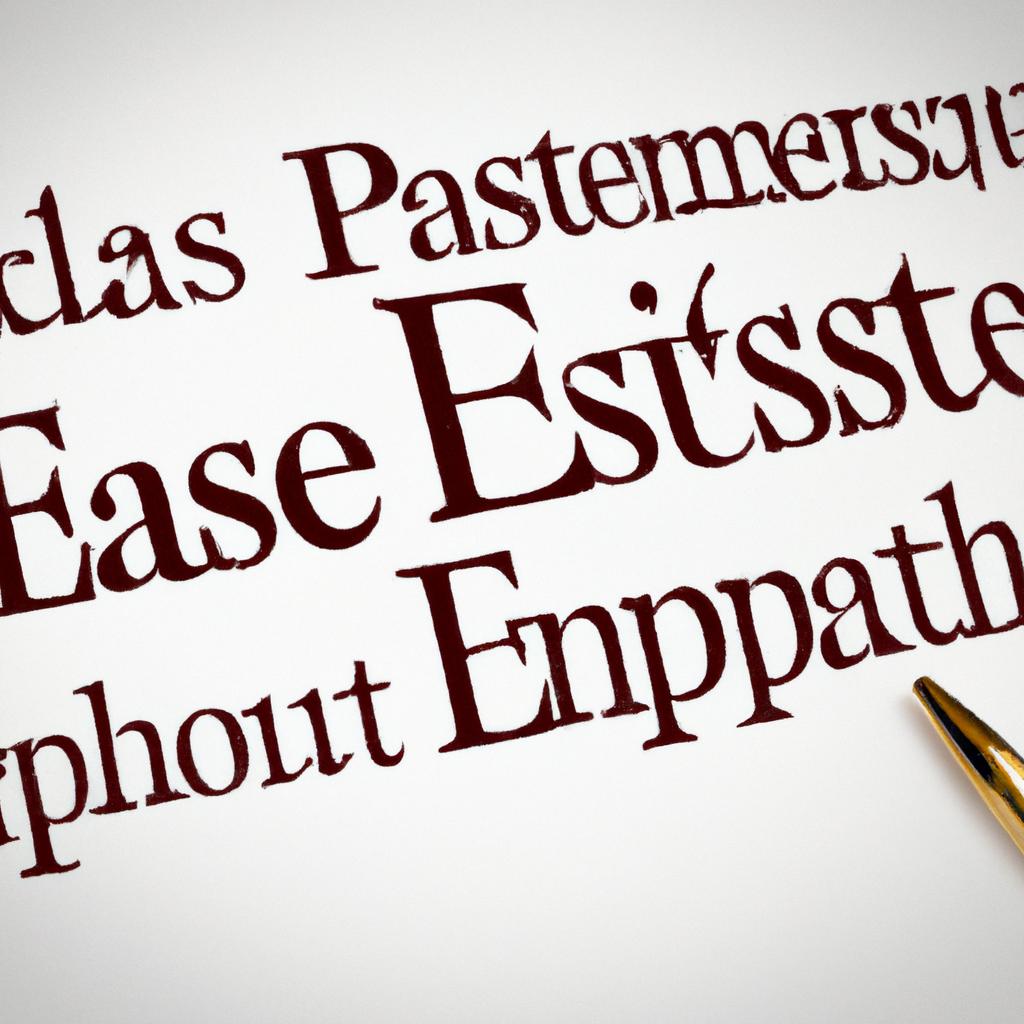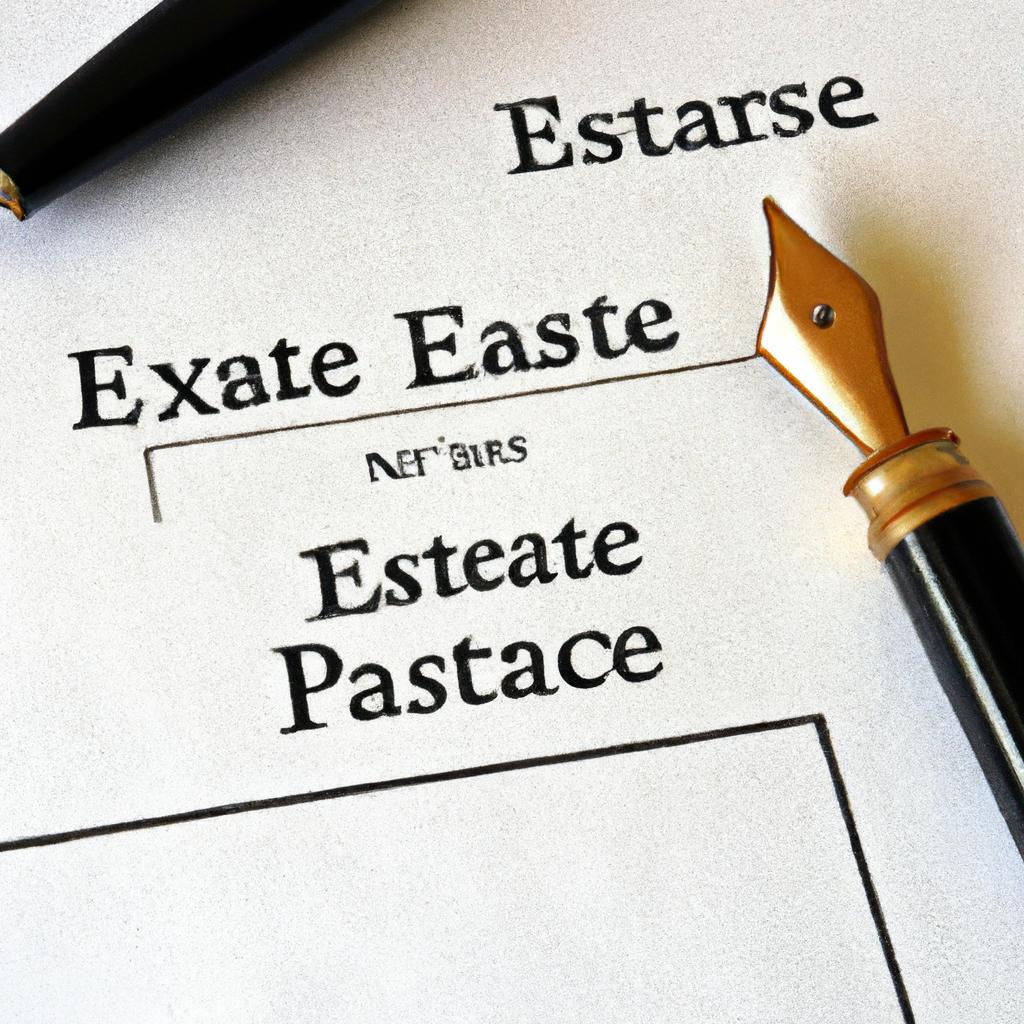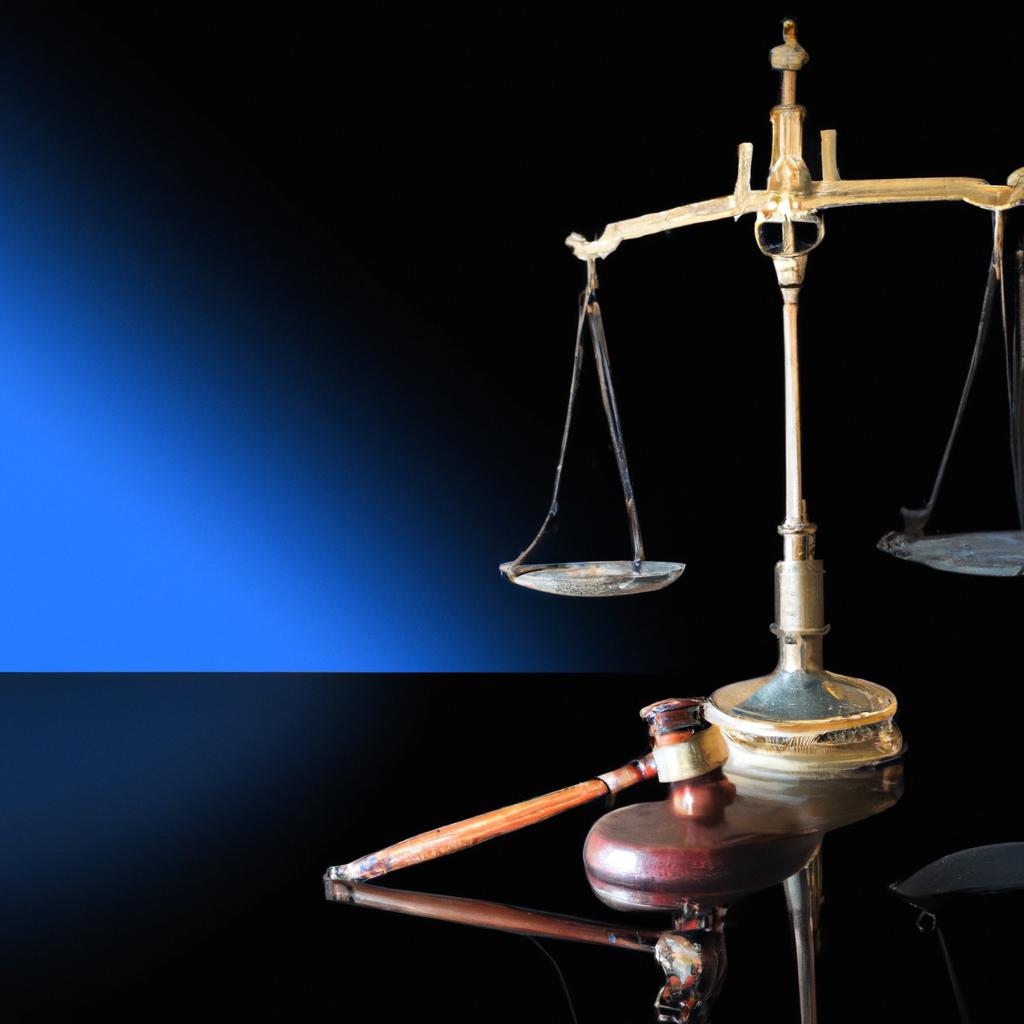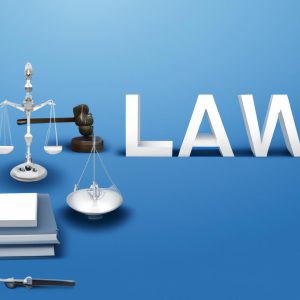Dear Readers,
Estate planning is a crucial aspect of financial planning that often goes overlooked. Many individuals are unaware of the complexities and importance of having a well-thought-out estate plan in place. At Morgan Legal Group, our team of experienced professionals specializes in guiding clients through the estate planning process, ensuring their wishes are properly documented and their assets are protected. In this article, we will delve into the intricacies of estate planning and answer the question: what does estate planning mean? Join us as we explore the various components of estate planning and how it can benefit you and your loved ones in the long run.
Sincerely,
[Your Name]
Morgan Legal Group
Understanding the Purpose of Estate Planning
When it comes to estate planning, it is crucial to understand the purpose behind such a process. Estate planning is not just about distributing assets after death, but it is a comprehensive strategy to ensure that your wishes are carried out and your loved ones are taken care of in the event of your incapacity or passing. By engaging in estate planning, you are creating a roadmap for the future, outlining your desires for your assets, healthcare decisions, and the well-being of your family.
One of the primary purposes of estate planning is to minimize taxes and avoid unnecessary expenses during the probate process. Through the creation of **Wills** and **trusts**, you can protect your assets and ensure that they are passed on to your chosen beneficiaries. Additionally, estate planning allows you to appoint guardians for minor children, specify your healthcare preferences, and establish powers of attorney to manage your financial affairs if you become unable to do so yourself. By taking the time to engage in estate planning, you are proactively safeguarding your legacy and providing for your loved ones’ future well-being.

Key Components of an Effective Estate Plan
Estate planning refers to the process of creating a comprehensive strategy to manage and distribute your assets in the event of death or incapacitation. It involves making important decisions about how your finances, properties, and personal belongings will be handled after you pass away. To ensure that your wishes are carried out smoothly and efficiently, it is vital to have an effective estate plan in place.
include:
- Will: A legal document that specifies how you want your assets to be distributed after your death.
- Trust: A fiduciary arrangement that allows a third party, or trustee, to hold assets on behalf of a beneficiary or beneficiaries.
- Power of Attorney: A legal document that authorizes someone to make financial and legal decisions on your behalf if you are unable to do so.

Maximizing the Benefits of Trusts in Estate Planning
When it comes to estate planning, trusts can be powerful tools for ensuring your assets are distributed according to your wishes. A trust is a legal arrangement that allows a third party, or trustee, to hold assets on behalf of a beneficiary or beneficiaries. By setting up a trust, you can maximize the benefits of estate planning in several ways:
- Asset Protection: Trusts can help protect your assets from creditors or lawsuits, ensuring that your beneficiaries receive their inheritance intact.
- Probate Avoidance: Assets held in a trust typically do not go through probate, which can save time and money for your loved ones after you pass away.
| Benefit | Description |
|---|---|
| Privacy | Trusts can keep your estate details private, as they do not go through probate. |
| Control | You can specify how and when your assets are distributed to beneficiaries through a trust. |

Avoiding Common Pitfalls in Estate Planning
Estate planning is the process of arranging for the management and disposal of a person’s estate during their lifetime and beyond. This involves making decisions about how assets will be distributed upon death, as well as planning for potential incapacity or disability. A well-crafted estate plan can provide peace of mind and security for both the individual and their loved ones.
When it comes to estate planning, there are several common pitfalls that individuals should be aware of in order to avoid unnecessary complications in the future. Some of these pitfalls include failing to update your estate plan regularly, not considering all assets in the planning process, and neglecting to account for potential tax implications. By working with an experienced estate planning attorney, you can ensure that your plan is comprehensive and tailored to your specific needs and goals. At Morgan Legal Group in New York City, our team of professionals is here to help you navigate the complexities of estate planning and create a plan that works for you.
Q&A
Q: What does estate planning actually mean?
A: Estate planning is the process of arranging and deciding how one’s assets and properties will be managed and distributed after their passing.
Q: Is estate planning only for the wealthy?
A: No, estate planning is not just for the wealthy. Anyone who has assets, including a house, savings account, or personal belongings, can benefit from estate planning.
Q: What are the key components of estate planning?
A: The key components of estate planning include creating a will, designating beneficiaries for retirement accounts and life insurance policies, establishing powers of attorney, and potentially setting up a trust.
Q: How can estate planning save time and money for loved ones?
A: Estate planning can save time and money for loved ones by ensuring that assets are distributed according to one’s wishes, minimizing estate taxes, and avoiding lengthy probate processes.
Q: When should someone start the estate planning process?
A: It is recommended to start the estate planning process as soon as possible, as it is never too early to create a plan for the future. Major life events such as marriage, the birth of a child, or the acquisition of significant assets are good times to reassess and update your estate plan.
In Retrospect
In conclusion, estate planning isn’t just about distributing assets or minimizing taxes. It’s a way to secure your legacy, protect your loved ones, and ensure your wishes are carried out after you’re gone. By taking the time to create a comprehensive estate plan, you can provide peace of mind for yourself and your family, knowing that you’ve taken the necessary steps to plan for the future. So, whether you’re just starting to think about estate planning or updating an existing plan, remember that it’s never too early or too late to start. Your loved ones will thank you for it in the end.












